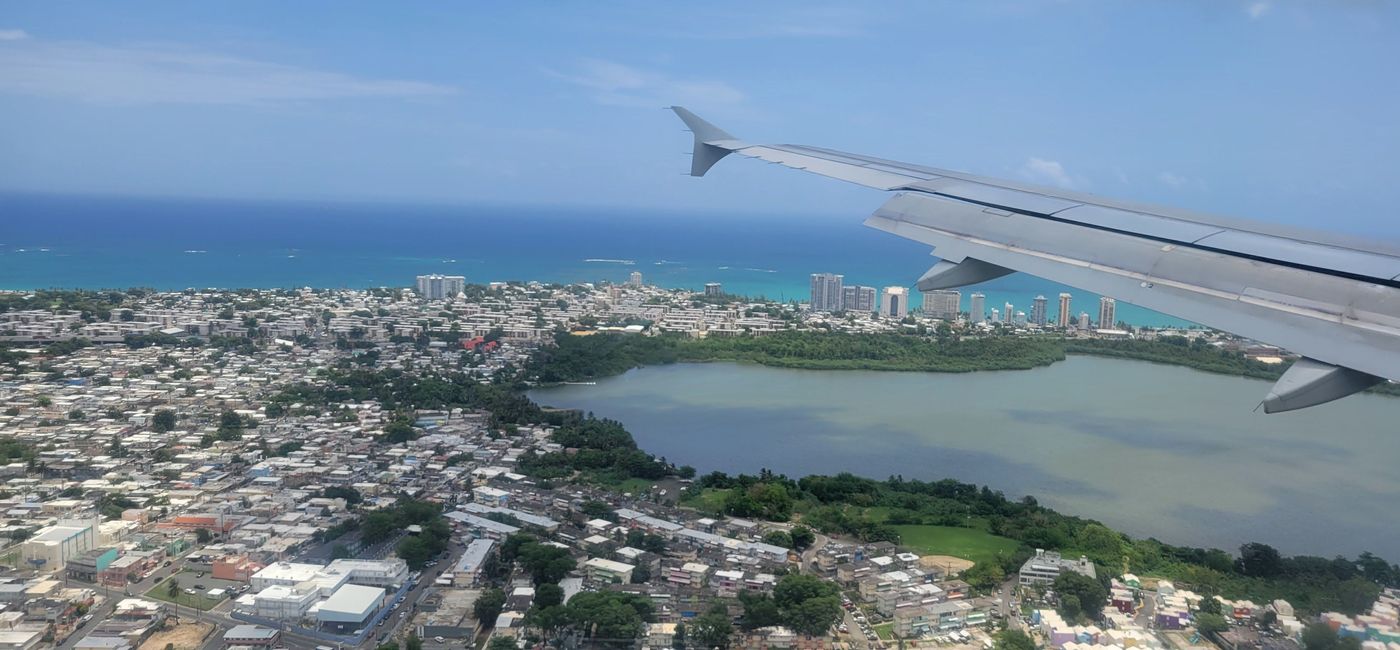How Current Unrest in France Is Impacting Travel

With peak summer travel season in full swing and Europe’s two-week Tour de France—the world’s most-watched sporting event—kicking off tomorrow, thousands are set to depart soon on trips to France. So, the timing of this week’s wave of violent protests is especially unfortunate for foreign visitors who may be wondering whether it’s still safe to follow through with their plans.
What’s going on in France right now?
After the fatal police shooting of a 17-year-old boy named Nahel Merzouk on Tuesday, violent confrontations between outraged protesters and police first erupted on the night of June 27. Chaos, violence and destructive civil unrest have continued to intensify each ensuing night in parts of Paris, and have also broken out in areas of some of France’s other major cities.
A police officer’s shooting of the teenager, who was reportedly of Algerian descent, appears to have reignited anger over perceived racial inequality and police discrimination in France’s in low-income, multi-ethnic neighborhoods.
The streets of Parisian suburb Nanterre, where Merzouk was killed, remain largely demolished and charred in the various areas where buildings, buses, cars and various types of debris had been set ablaze by rioters.
In response to the escalating tumult over the past three nights, on Friday afternoon, French president Emmanuel Macron banned all “large-scale events” in the country and, according to CNN, has been holding crisis talks. Transportation networks have been impacted, too, with Macron ordering that all buses and trams across the nation be shut down by 9:00 p.m., beginning on Friday night.
On Thursday night, the government deployed nearly 40,000 law enforcement officers to help contain ongoing unrest, and sent member of its elite police force, the RAID, to handle protests in the key tourist cities of Bordeaux, Lyon, Roubaix, Marseille and Lille.
What is situation’s impact on travel?
It’s worth noting that the central parts of Paris where most of they city’s tourist accommodations and main attractions, like the Louvre and the Eiffel Tower, are located remain almost completely unaffected by these incidents. The same can be said of France’s many rural and coastal regions that also host their share of foreign visitors.
On Friday, some of the capital city’s bus services were affected as a result of the protests, but Paris’ Metro system continued to operate normally. France’s intercity train services remained unaffected and the Eurostar rail service that connects London with Lille and Paris suffered no disruptions.
Limited curfews have gone into effect in two towns outside of the capital, where some of the worst violence has been centered. In Clamart, a curfew has been imposed from 9:00 p.m. to 6:00 a.m., which is set to continue through July 3; and, in Neuilly-sur-Marne, movement restrictions are in place between 11:00 p.m. to 6:00 a.m.
Is it currently safe to visit France?
On Thursday, the U.S. Embassy & Consulates in France issued a Security Alert warning American visitors to avoid areas with significant police activity, and steer clear of any local protests or demonstrations, saying they “are expected to continue and may turn violent”. The advisory adds, “Some cities are imposing curfews. As always, it is a good practice to notify friends or family of your whereabouts. Note that public transportation is being affected.”
Foreign visitors are generally urged to monitor the news for updates on the developing situation and to check in with their tour operators regarding current conditions in France. U.S. citizens, specifically, are being recommended to monitor English-language French media outlets France24, RFI and The Local for updates.
Several other nations have also issued travel advisories encouraging their citizens to exercise caution while visiting the country, although none of them have advised avoiding travel to France altogether.
The U.K. Foreign and Commonwealth Office, for example, also issued warnings regarding the recent riots, advising travelers to stay up-to-date on curfews and possible public transport disruptions. “You should monitor the media, avoid protests, check the latest advice with operators when travelling and follow the advice of the authorities,” its website states, also recommending that visitor procure foreign travel insurance. However, it also emphasized that most tourists’ trips are without incident, saying, “Around 17 million British nationals visit France every year. Most visits are trouble-free.”
